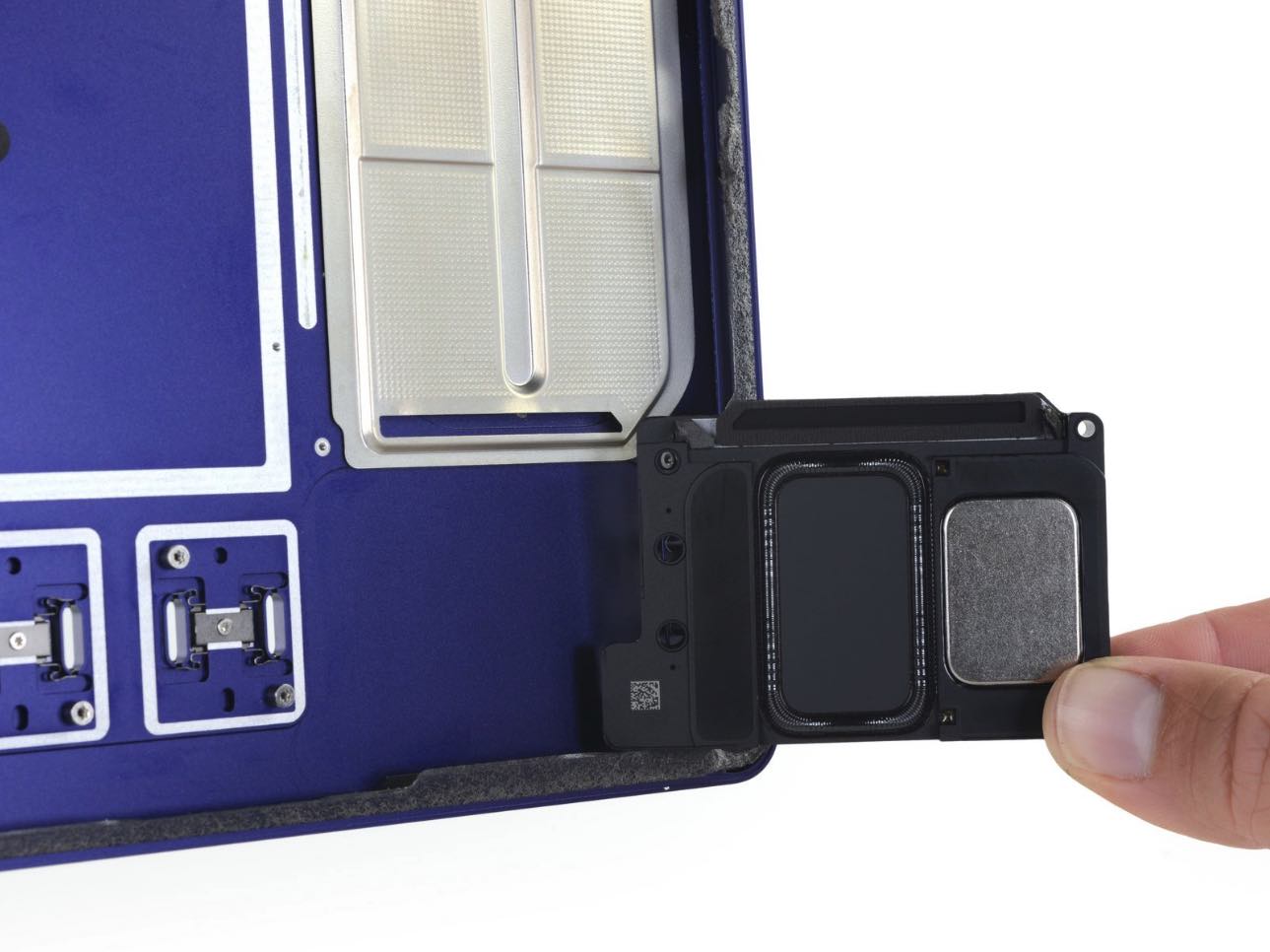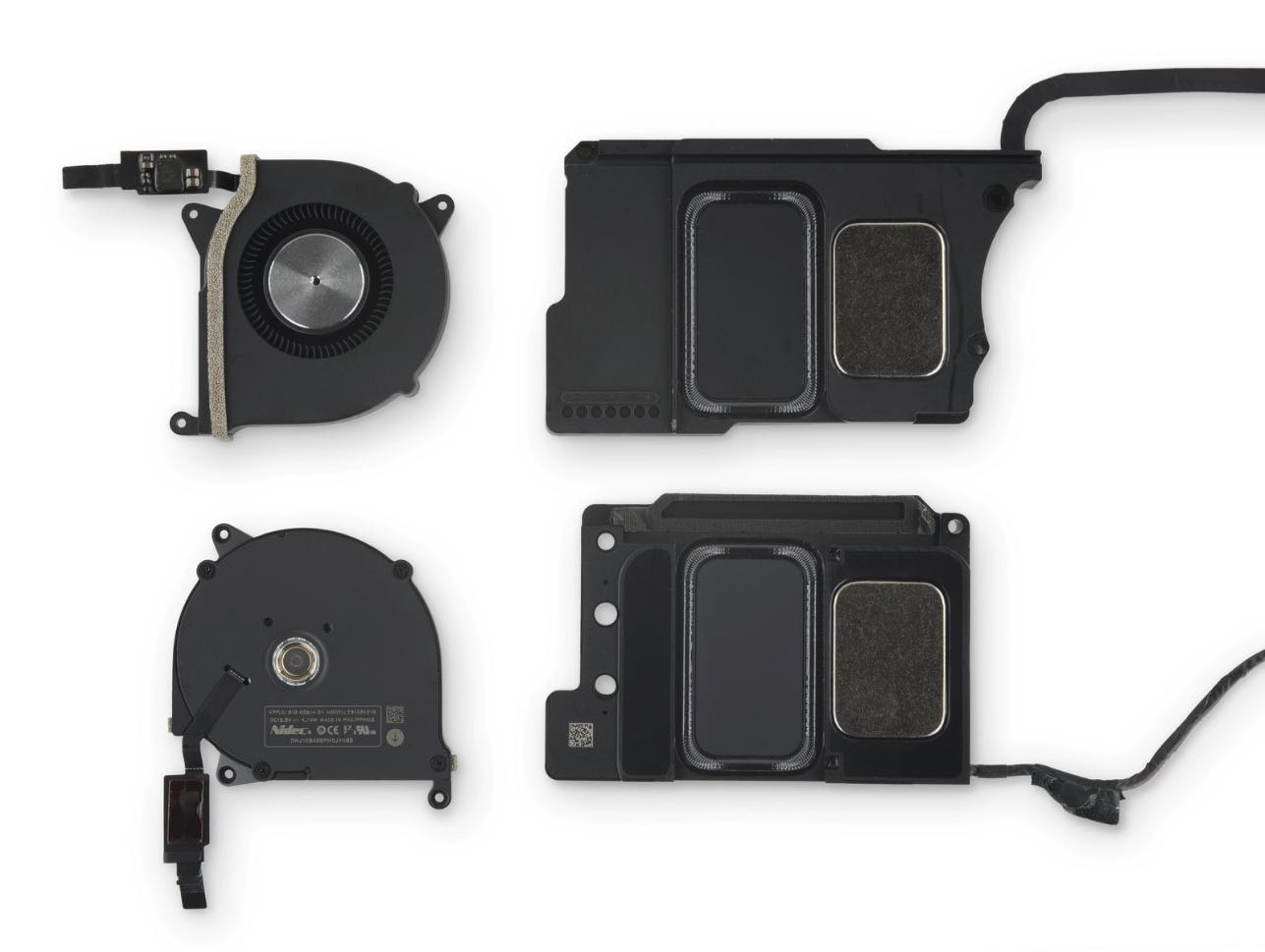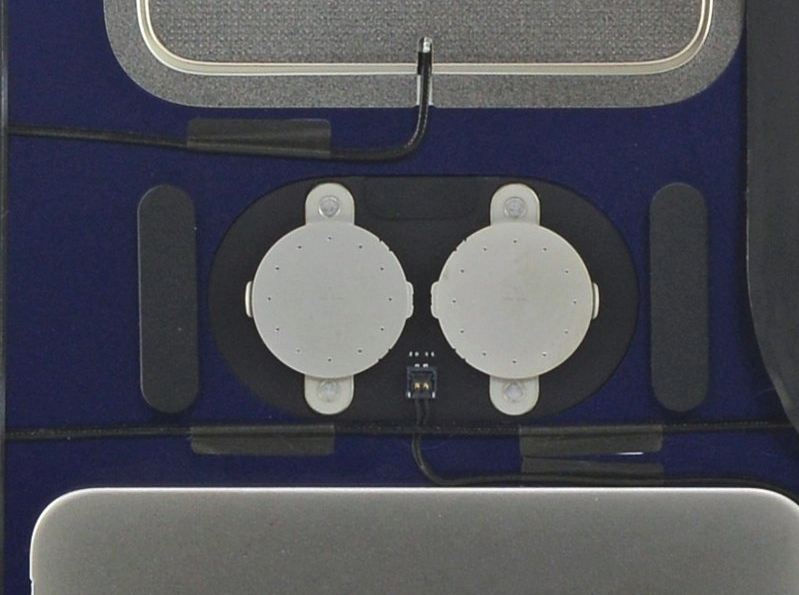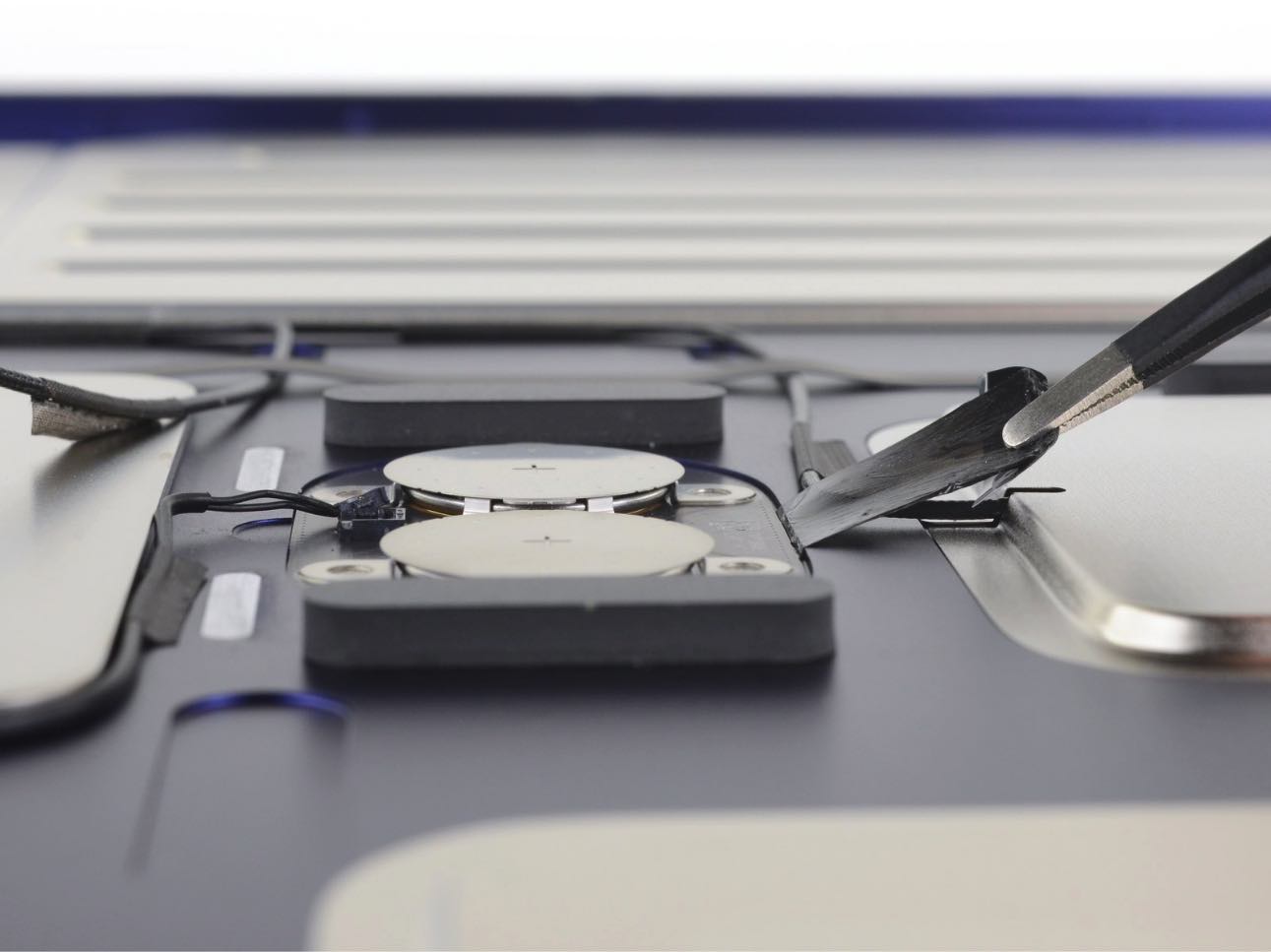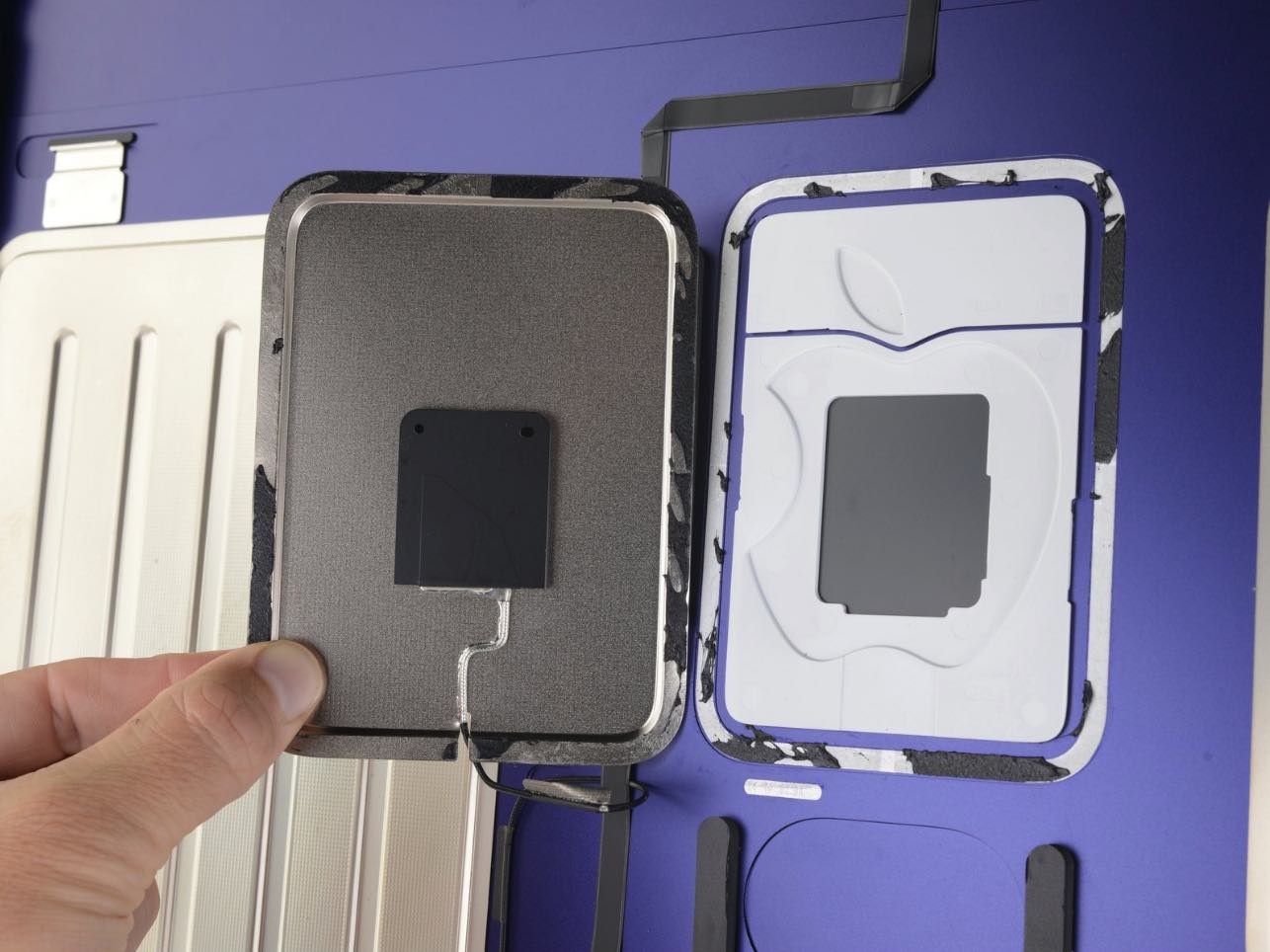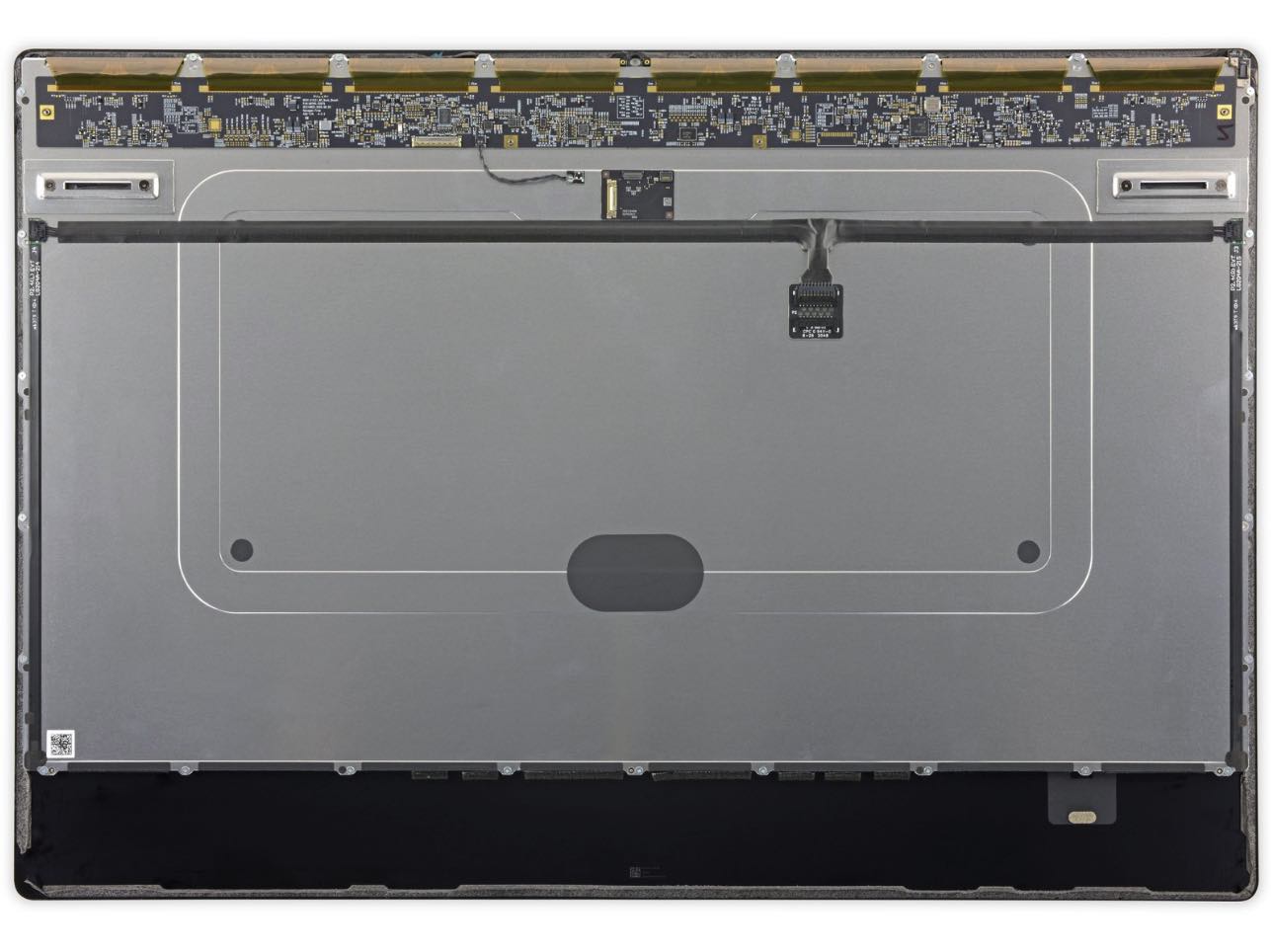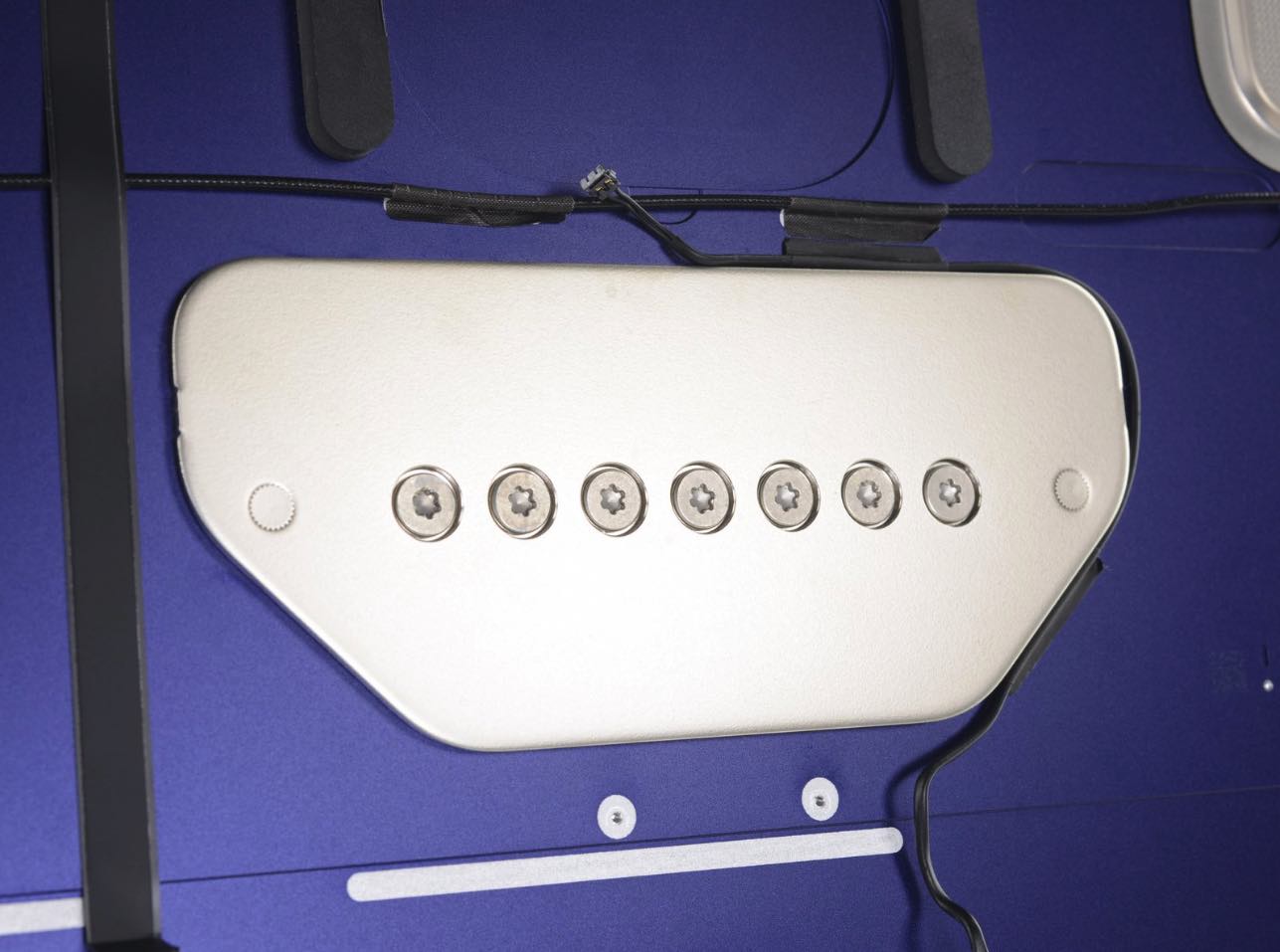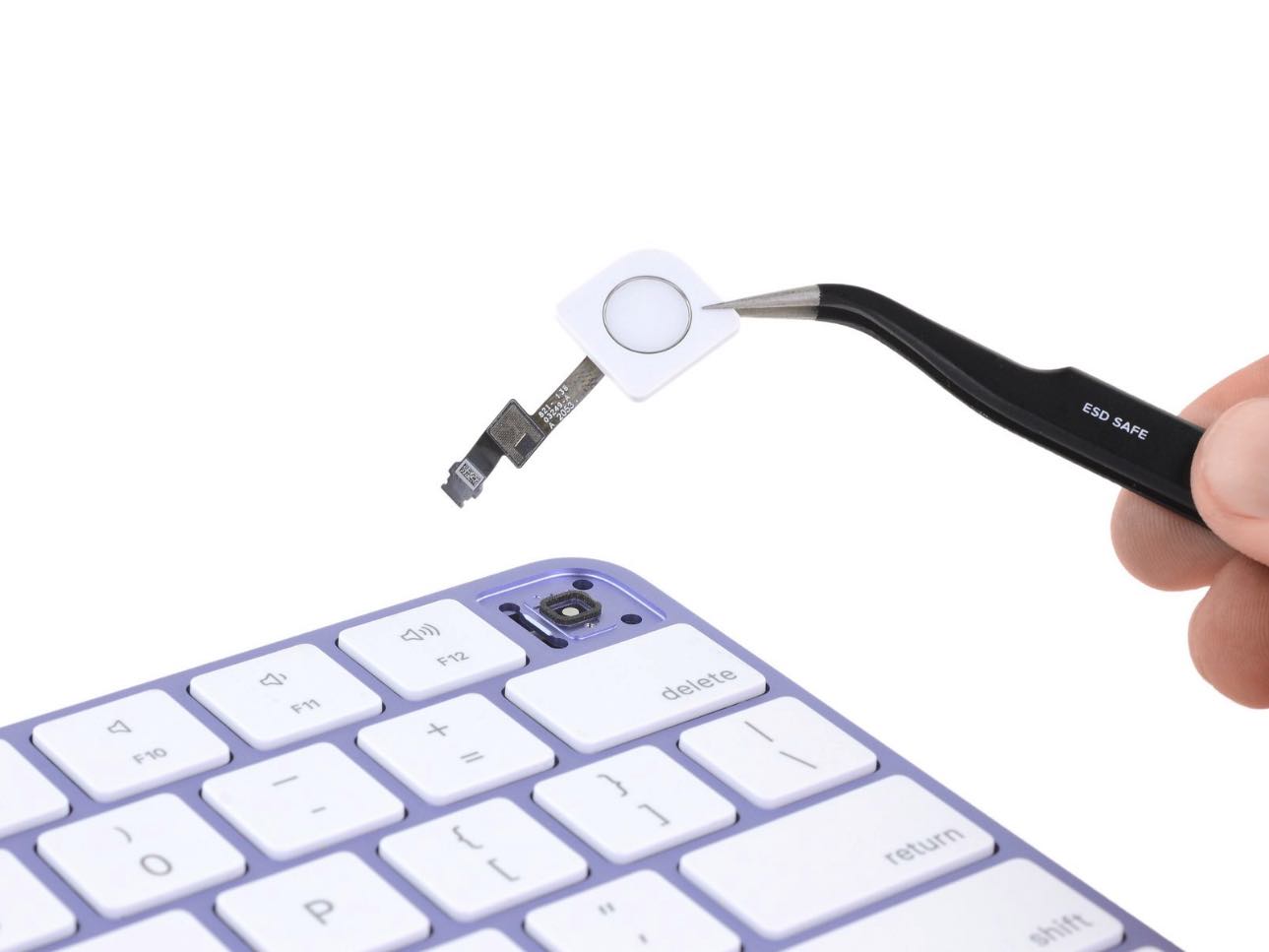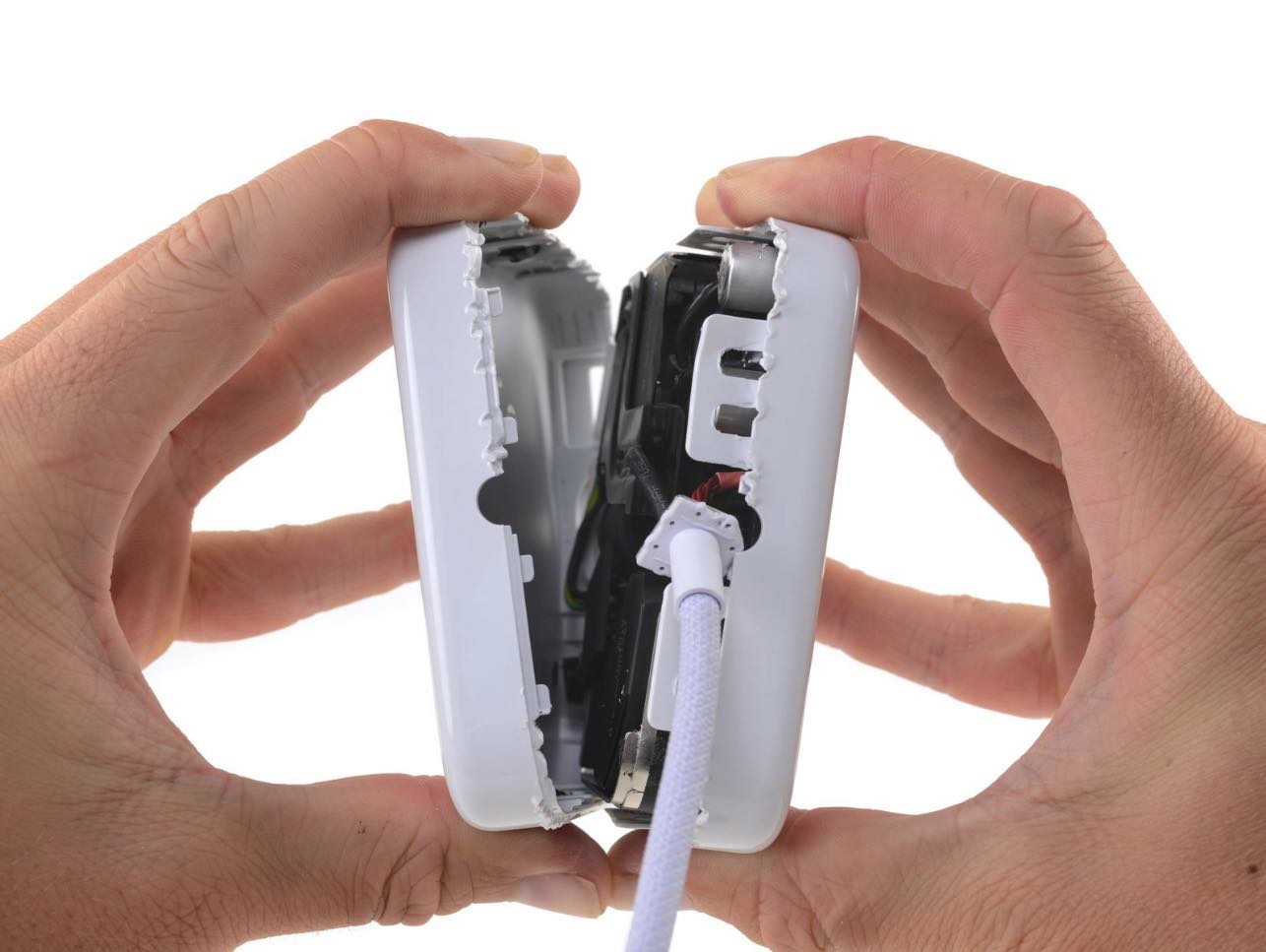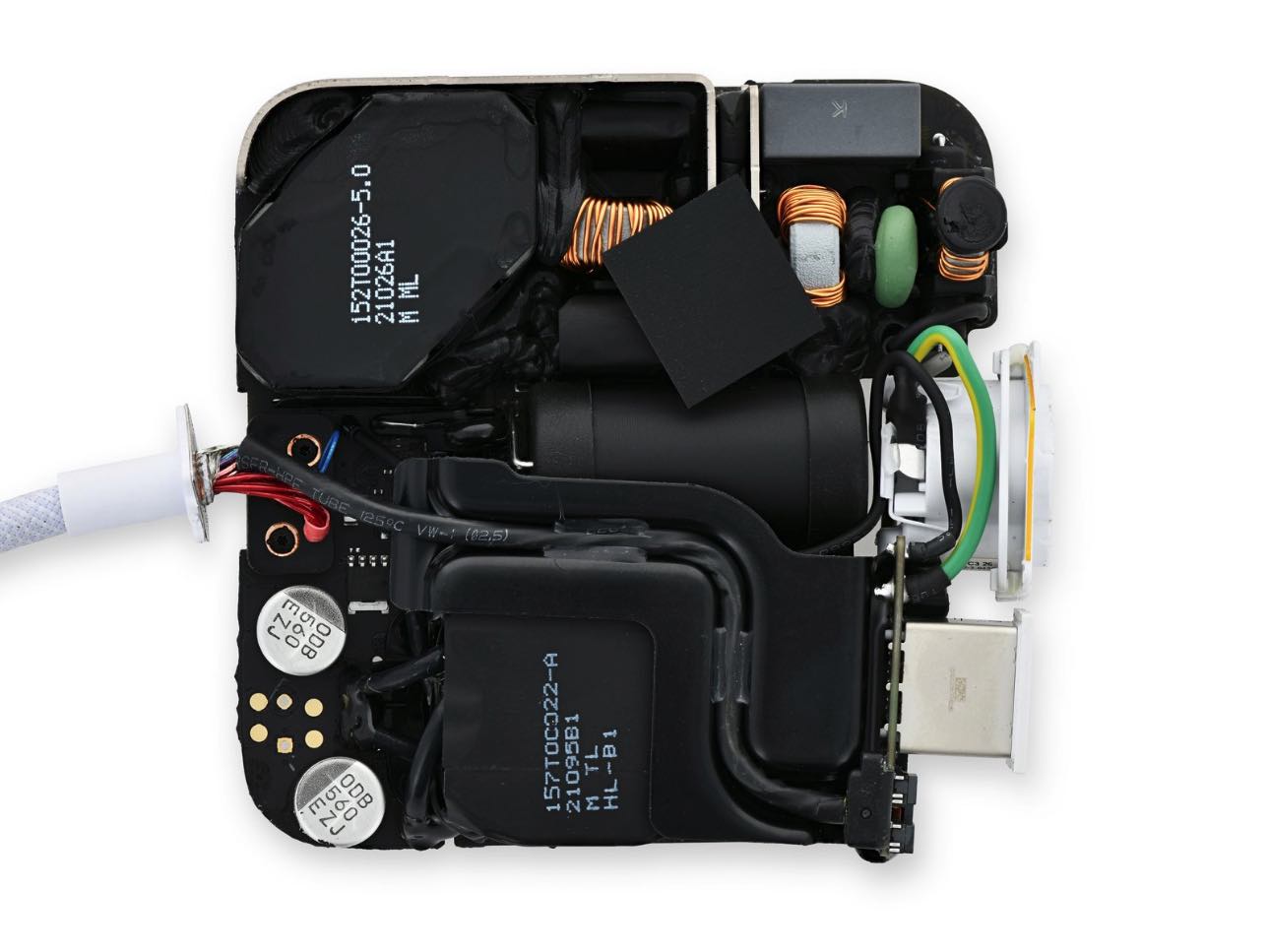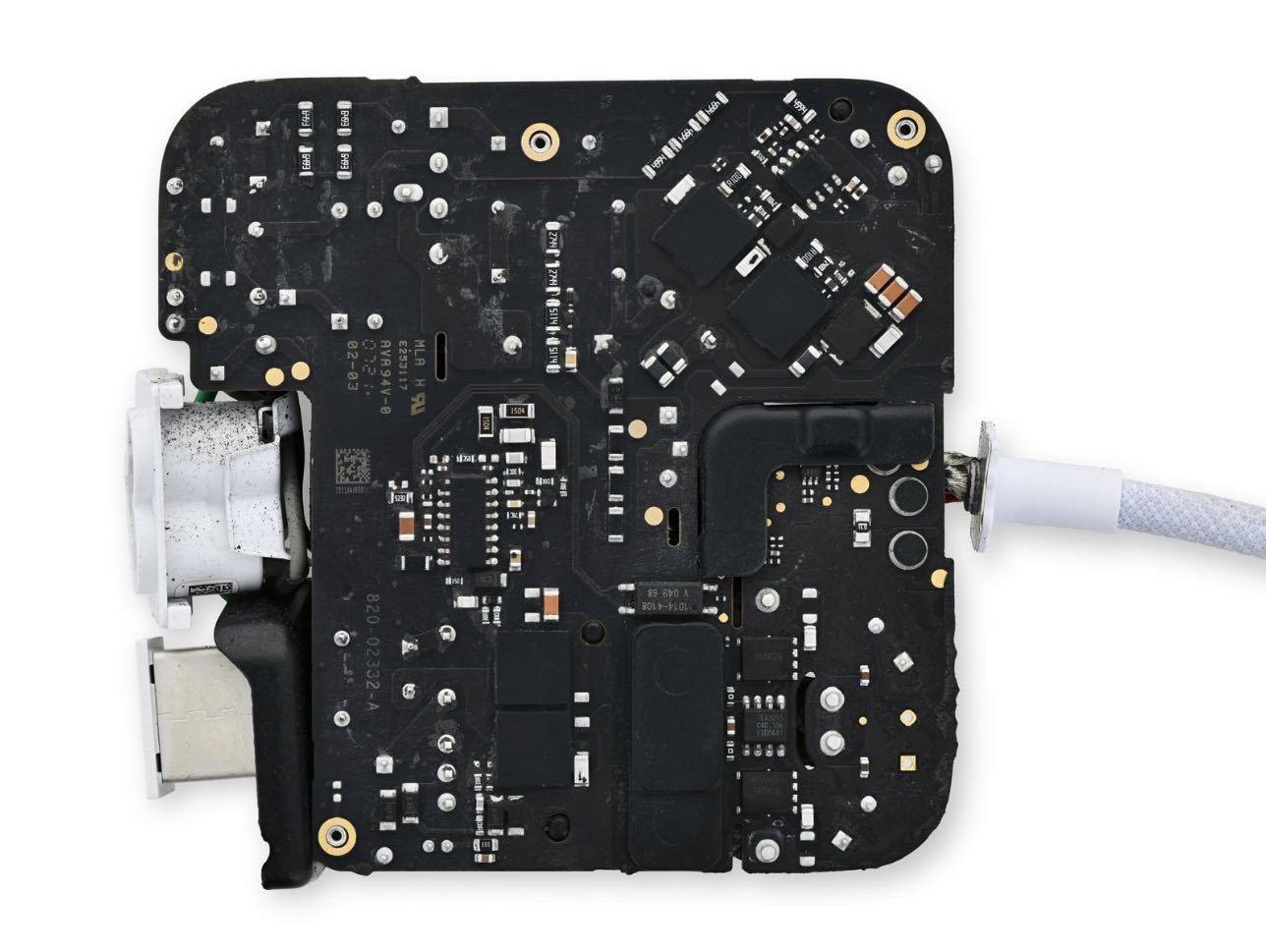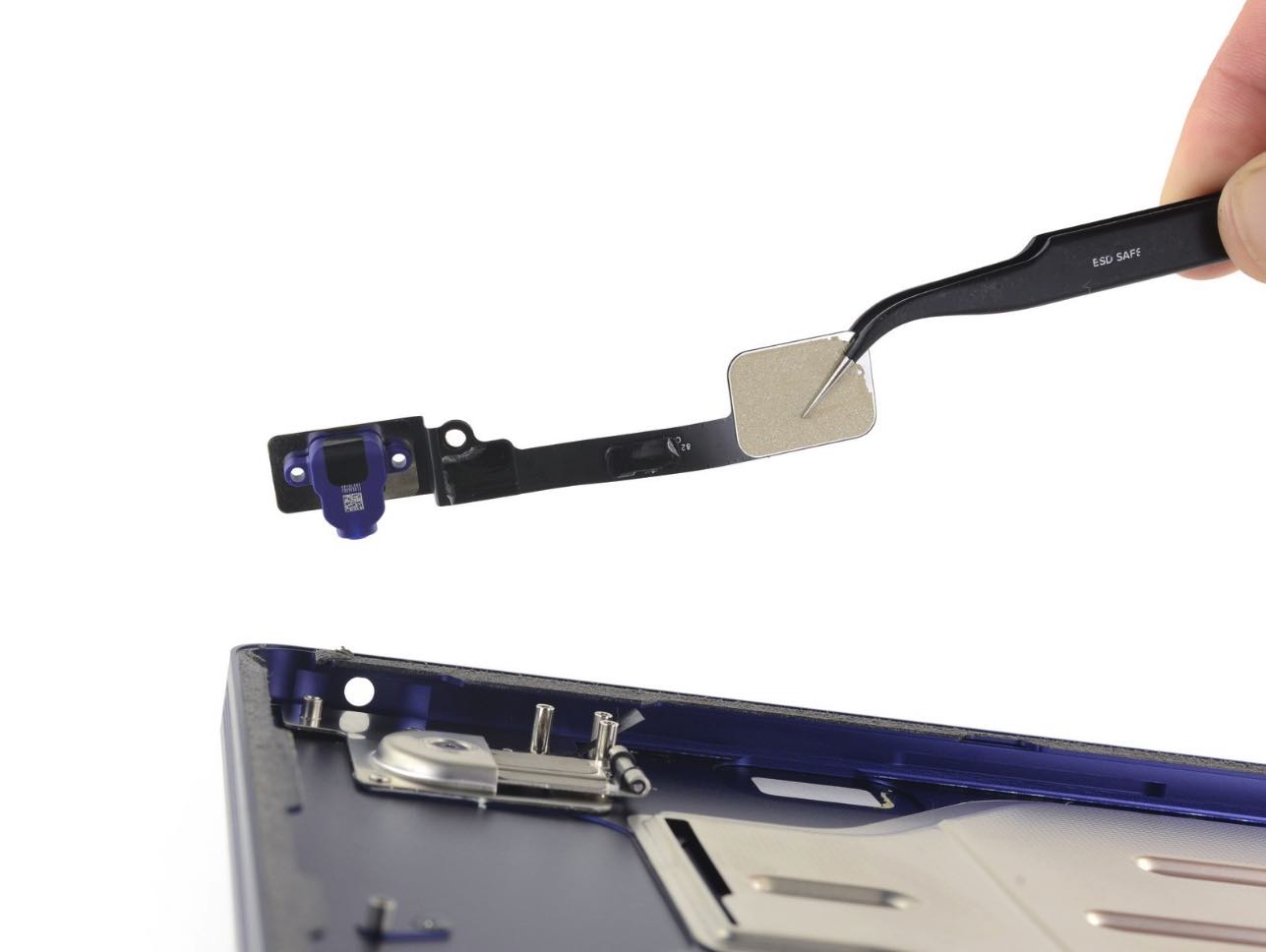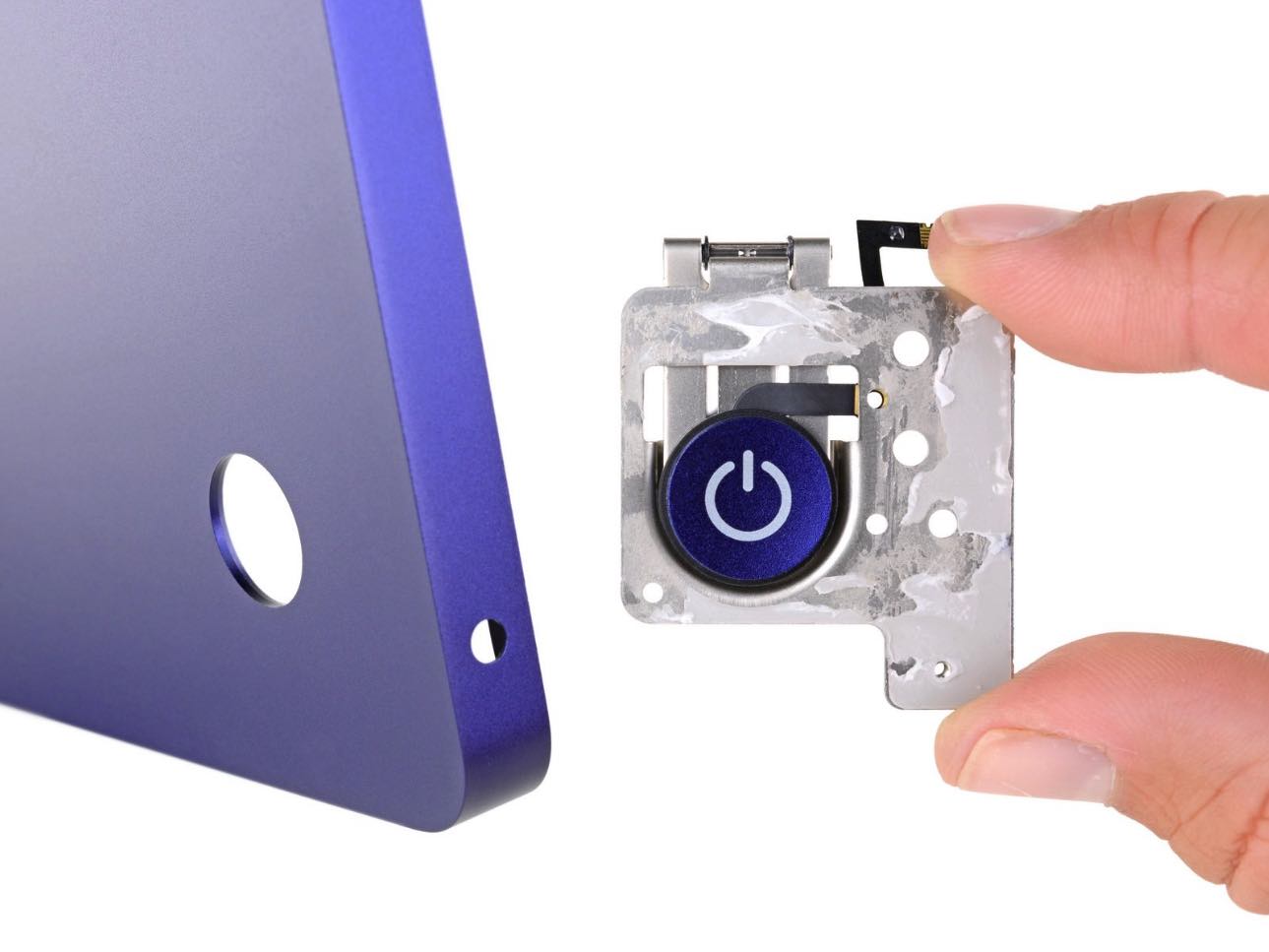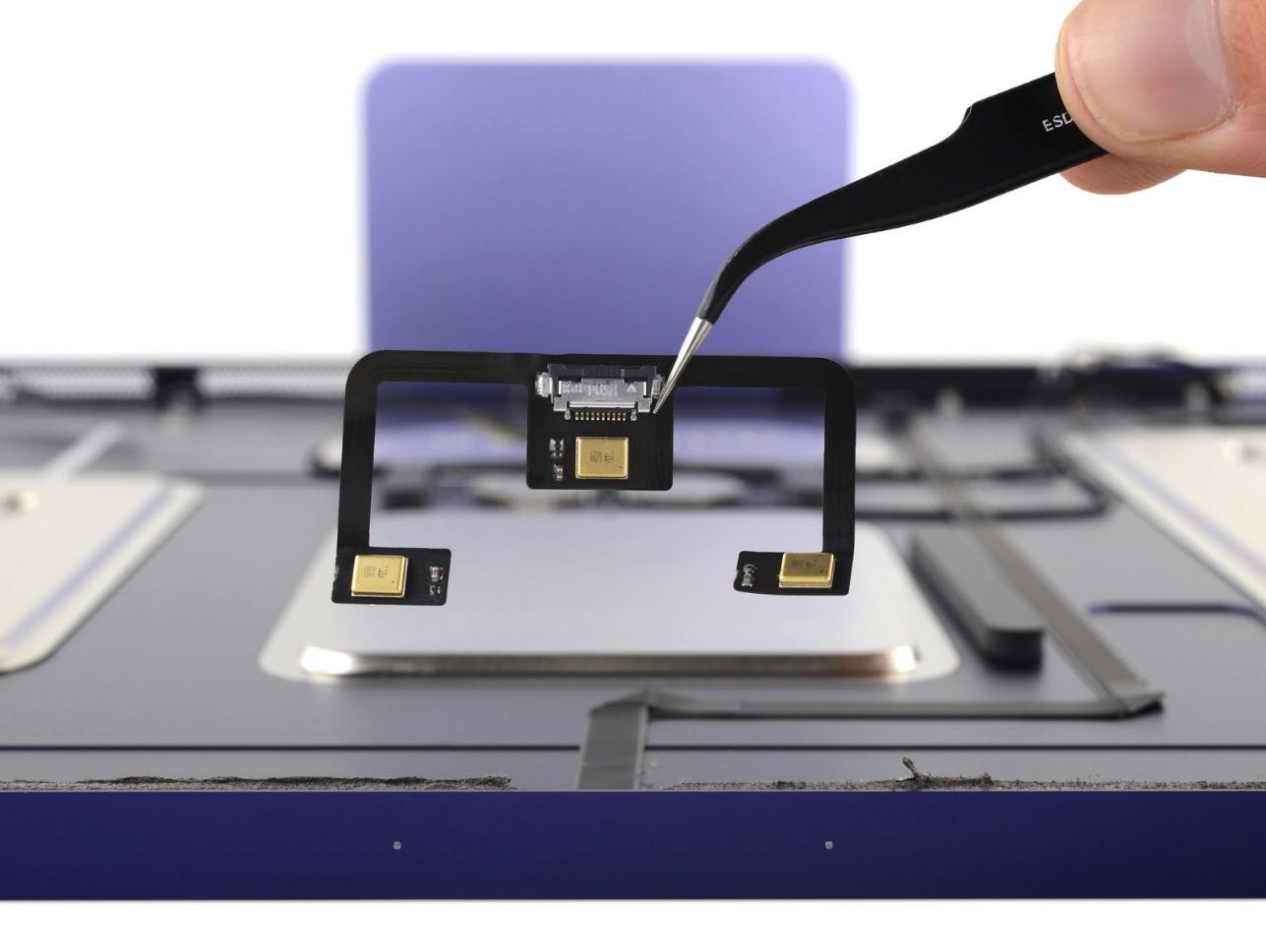A newly published patent application reveals that Apple started working on its efficient speakers for the 24" iMac already at the end of 2019. The challenge was of course the thin body of this all-in-one computer and at the same time the M1 chip, to which everything had to adapt.
Patent application it was filed in December 2019 and is signed by 12 constructors. "Electronic devices have drastically advanced in functionality over the past few decades," Apple says in the patent application.
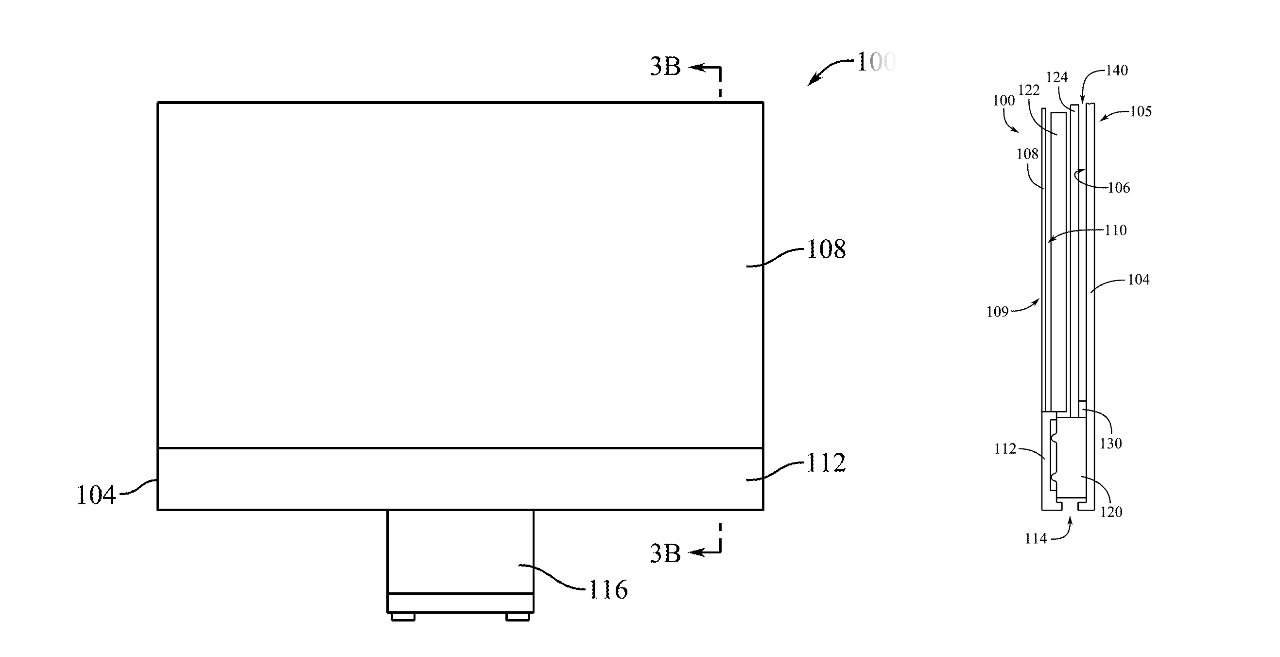
“Computer parts have been miniaturized while simultaneously increasing the power they can deliver. The reduced dimensions of the various components can offer more efficient use of space and more flexibility in the placement of components in the housing, its smaller size and less material used, the overall smaller size of the device, easier transport and other possibilities.” is stated below. But of course all this means that a smaller device and a smaller space is definitely not ideal for the speakers, because they have nothing to "lean" against.
Take a look inside the 24" iMac that iFixit took apart
It's all about design
Apple says the key issues relate to the limited space available for so-called "rear volume". However, there are also problems associated with the power supply, because the speaker membrane in such a small space must be significantly stiffer. And a stiffer membrane = more energy needed to move it.
It could be interest you
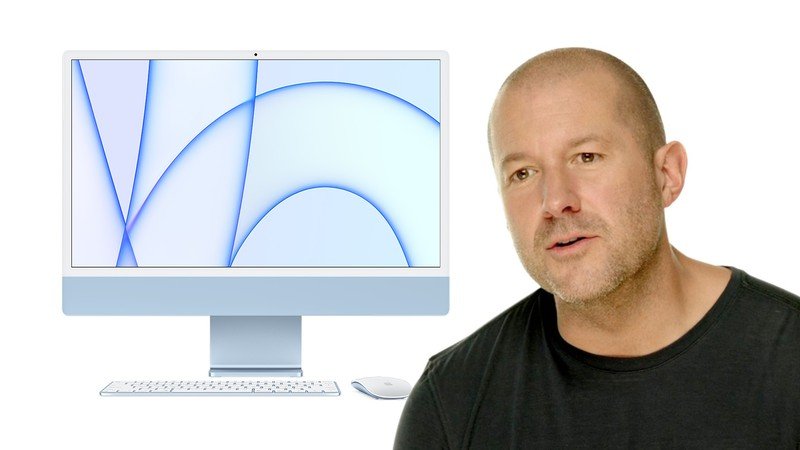
Most people criticized the new 24" iMac for its design, especially with regard to its chin under the display. Few people then realize that in order to achieve such a great sound, which the iMac with an M1 chip is said to have, its greater thickness at the expense of the chin would not be of any benefit. The system is quite complex and extremely complex. Moreover, the result exceeded many expectations.
The patent application contains 14 thousand words, and the word iMac does not appear even once, even though the drawing documentation clearly refers to it. However, Apple built it rather universally, and it is possible that we will see similar technology in other types of computers, specifically MacBooks. However, various voices are also calling for Apple to focus primarily on improving the sound of the Mac mini.



